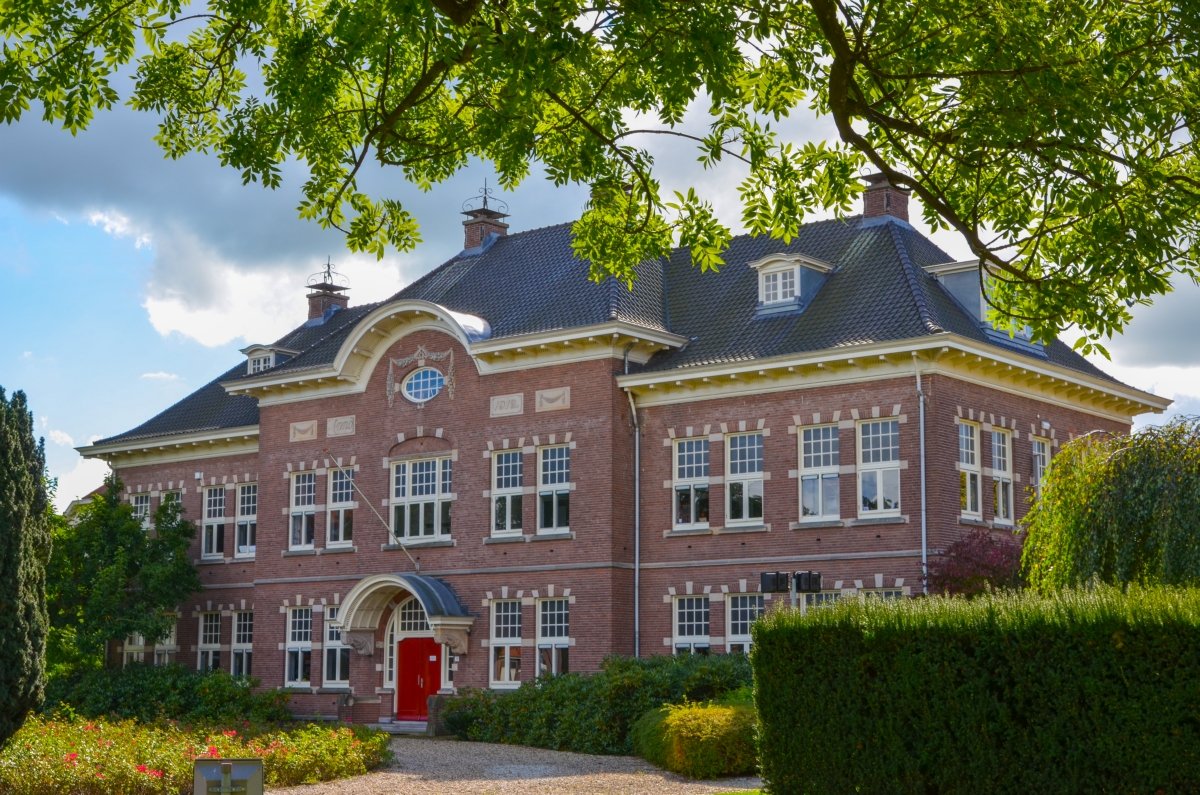
HOURS PER WEEK: 38 to 40FACULTY: Faculty of ScienceDEPARTMENT: Department of Physics, Institute for Gravitational and Subatomic Physics (GRASP)APPLICATION DEADLINE: 14 September 2023
Job description
The Institute for Gravitational and Subatomic Physics (GRASP) at Utrecht University is looking for a highly motivated PhD candidate in gravitational-wave astrophysics. As the successful candidate, you will work with real and simulated gravitational wave data from existing detectors as well as envisaged next-generation observatories such as Einstein Telescope, use statistical tools such as Bayesian analysis to assess what the challenges will be, and develop novel methodology to analyse the data accurately. With the developed methods, you will likely be placing much more stringent bounds on fundamental constraints from third-generation detectors. You will join the international Einstein Telescope Collaboration
as well as the LIGO-Virgo-KAGRA Collaboration
external link, and are expected to participate in analysing data as part of the latter.
You will work in the group of Dr Anuradha Samajdar
, and you will be an active member of the broader Dutch consortium in gravitational waves. Other staff members working on gravitational waves within GRASP and the Department of Physics
external link are Professor Chris Van Den Broeck external link and Dr Tanja Hinderer external link.
Qualifications
We are looking for a candidate who is enthusiastic and motivated to work in a multidisciplinary, international research team. In addition, we would like you to bring:
- an MSc degree in Physics, Astronomy, Computer Science, Statistics, or a closely related field. If you are in the final stages of obtaining your master we also welcome you to apply;
- demonstrable programming and scientific writing skills along with excellent communication skills in English;
- knowledge of use of large computing clusters and a solid background in (astro)physics and/or artificial intelligence is highly desirable;
- strong preference will be given to candidates with existing knowledge of Python, as well as knowledge of parallel programming in Python.
Offer
As our new PhD candidate in gravitational-wave astrophysics you will be offered:
- a position for 4 years (1.0 FTE);
- a full-time gross salary ranging from €2,770 per month in the first year to €3,539 per month in the fourth year of employment (scale P according to the Collective Labour Agreement Dutch Universities).
- 8% holiday bonus and 8.3% end-of-year bonus;
- a pension scheme, partially paid parental leave, and flexible employment conditions external link based on the Collective Labour Agreement Dutch Universities.
In addition, Utrecht University offers excellent secondary conditions
, including an attractive retirement scheme, professional development
external link, (partly paid) parental leave, sports external link and flexible employment conditions (multiple choice model). This is how we like to encourage you to continue to grow.
For more information, please visit working at Utrecht University
.
About the organisation
A better future for everyone. This ambition motivates our scientists in executing their leading research and inspiring teaching. At Utrecht University
, the various disciplines collaborate intensively towards major strategic themes
external link. Our focus is on Dynamics of Youth, Institutions for Open Societies, Life Sciences and Pathways to Sustainability. Sharing science, shaping tomorrow external link.
At the Faculty of Science
, there are 6 departments to make a fundamental connection with: Biology, Chemistry, Information and Computing Sciences, Mathematics, Pharmaceutical Sciences, and Physics. Each of these is made up of distinct institutes that work together to focus on answering some of humanity’s most pressing problems. More fundamental still are the individual research groups – the building blocks of our ambitious scientific projects. Find out more about us by watching Working at the Faculty of Science
The Institute for Gravitational and Subatomic Physics (GRASP)
aims at understanding the basic constituents of matter and their interactions, and the fundamental properties of space and time. Its members perform experimental research on heavy-ion collisions at the Large Hadron Collider, and gravitational wave data analysis related to neutron stars and black holes. We have ties with Utrecht University’s Institute for Theoretical Physics, and at the national level also with Nikhef, the National Institute for Subatomic Physics in Amsterdam, of which we are a consortium partner. We are actively involved in large international collaborations such as ALICE, Virgo, Einstein Telescope, and LISA.
Additional information
If you have any questions that you’d like us to answer, please contact Dr Anuradha Samajdar (Assistant Professor) at a.samajdar@uu.nl.
Do you have a question about the application procedure? Please send an email to science.recruitment@uu.nl.
Apply
Everyone deserves to feel at home
at our university. We welcome employees with a wide variety of backgrounds and perspectives.
If you have the expertise and the experience to excel in this role, than simply respond via the “Apply” button!
Please enclose:
- your letter of motivation;
- curriculum vitae;
- contact details of three references from whom we may request a letter of recommendation. Please mention the contact details of your references in your CV.
If this specific opportunity isn’t for you, but you know someone else who may be interested, please forward this vacancy to them.
*Note to recruitment agencies: Please refrain from contacting us regarding this job posting.
#FundamentalConnection – Some connections are fundamental – Be one of them
The application deadline is 14 September 2023.




